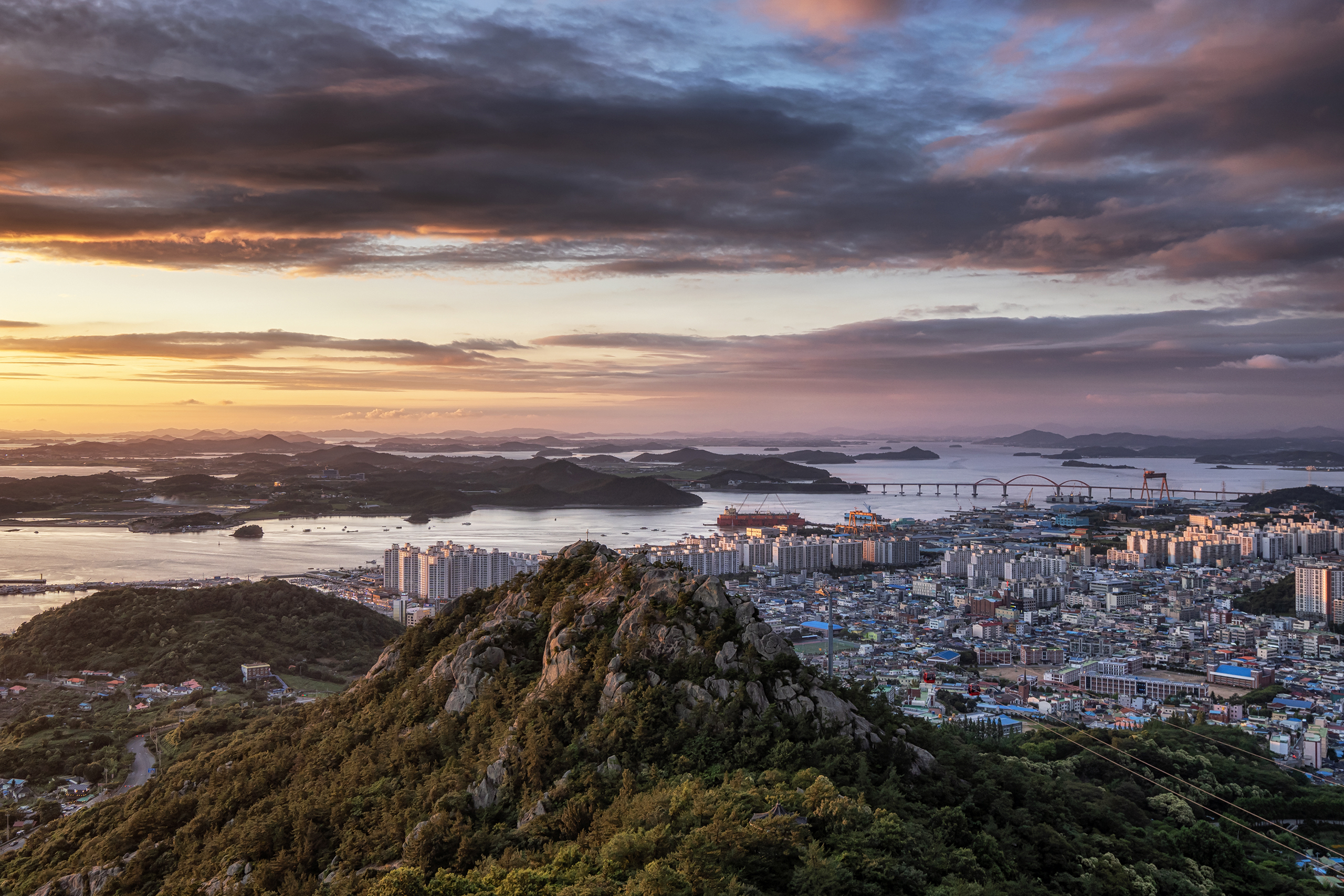
Gwangju
Known for its proud, independent streak, Gwangju possesses an authenticity that is all its own. In addition to being a living testament to Korea’s long and often bloody struggle for democracy, Gwangju is famous for its fiery cuisine, colorful street art, and role as gateway to the bucolic wonder of southwest Korea.
We love the sheer variety of what’s on offer in Gwangju. It’s just big enough to offer a real urban experience with the restaurants, cafes, and late-night bars that you’d expect in a modern Korean city, while also feeling surprisingly intimate. While the locals warmly welcome visitors, the place isn’t set up for tourists; it’s a city that lives life on its own terms. As a result, you’ll see very few foreigners on the streets and at times feel like you’ve been invited into someone’s living room to just hang out as life rolls by.
History buffs and others should start at the May 18th National Cemetery and 5-18 Memorial Park. Both sites commemorate the sacrifice made by Gwangju residents during the pro-democracy uprising in 1980, a seminal event in modern Korean history, and no visit to the city would be complete without paying your respects.
That said, Gwangju is about much more than solemn memorials: it’s also a funky and whimsical place, as embodied in the quirky street art at Yanghim History & Culture Village, as well as the Penguin Village, where seemingly random objects adorn the local residences in a kind of outdoor collage art.
The city also boasts terrific nature right at its doorstep. Lace up your shoes and hit the pine-blanketed trails at Mudeungsan National Park, where you can also stroll among the tranquil grounds of Jeungsimsa Temple, a millennium-old center of worship and Buddhist thought. And when you’re back in town, make sure to check out the retro 1913 Songjeong Station Market, where you can browse the little shops and graze on some serious local street fare.
While you’re in town, you can also use Gwangju as a launchpad to explore the rural charms of South Jeolla Province: stride along the rows of green tea bushes at Boseong Tea Plantation, lose yourself in the towering groves at Juknokwon Bamboo Forest and bask in the history and beauty of Soswaewon Garden, all within quick reach of the city.



